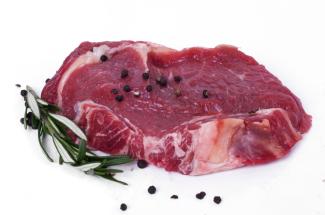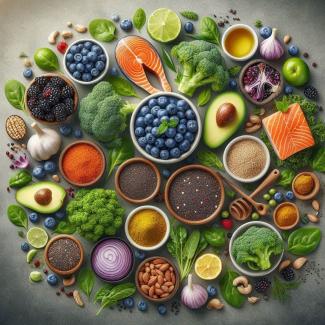
Egg production methods can vary significantly in terms of animal welfare, environmental impact, and the quality of the eggs produced. Three common methods of egg production are free-range, cage, and pasture-raised. Here's a detailed description of each:
- Cage Eggs:
- Cage eggs are produced by hens that are kept in small cages within industrial facilities.
- These cages are typically very small, allowing little room for the hens to move around or exhibit natural behaviors.
- The birds are provided with food and water, and their waste is collected from beneath the cages.
- Cage systems are highly efficient in terms of space and resource utilization, which often results in lower egg prices.
- However, the welfare of the hens in such systems is often considered poor, as they have limited space, cannot engage in natural behaviors, and may experience stress and health issues.
- Free-Range Eggs:
- Free-range eggs come from hens that are provided with more space and greater access to the outdoors compared to caged hens.
- Regulations regarding what constitutes "free-range" can vary by country and region, but in general, these hens have more room to move and spread their wings.
- They also have some access to the outdoors, though the quality and extent of outdoor access can vary widely.
- Free-range hens are often provided with a diet similar to caged hens, but they have a slightly improved quality of life with more opportunities for natural behaviors.
- Pasture-Raised Eggs:
- Pasture-raised eggs are considered the most humane and environmentally friendly option among the three.
- Hens in pasture-raised systems have significant access to the outdoors and are encouraged to forage on pasture, which makes up a substantial portion of their diet.
- These hens typically have more space than free-range hens and are provided with shelter for protection.
- Pasture-raised eggs are often considered higher quality due to the varied diet of the hens, which can result in richer, more nutritious eggs with vibrant yolks.
- This method is also better for the environment as it allows the hens to help control pests and naturally fertilize the soil.
It's important to note that the definitions and standards for these egg production methods can vary from one region to another. Additionally, there is growing awareness and demand for more humane and sustainable practices in the egg industry, leading to changes and improvements in production methods.
Consumers concerned about the welfare of the hens and the quality of the eggs they consume often seek out eggs labeled as "pasture-raised" or "free-range" as these methods generally provide better living conditions for the hens. However, it's essential to research and understand the specific standards and practices of the egg producer to ensure that they align with your values and expectations regarding animal welfare, environmental sustainability, and egg quality.
What minerals, fatty acids and vitamins do eggs contain?
Eggs are nutritionally rich and contain various minerals, fatty acids, and vitamins. Here's a detailed breakdown of their nutritional content:
Minerals in Eggs:
- Iron: Eggs contain iron in the form of heme, which is well-absorbed by the body. Iron is important for oxygen transport in the body.
- Phosphorus: Eggs are a rich source of phosphorus, which is essential for healthy bones and teeth and is involved in numerous biochemical processes in the body.
- Selenium: Eggs also contain selenium, which acts as an antioxidant and helps protect cells from damage.
- Vitamins in Eggs:
- Vitamin D: Eggs are a good source of vitamin D, especially when they are from poultry, as vitamin D naturally occurs in the yolk. This vitamin is important for healthy bones, as it aids in calcium absorption.
- Vitamin B12: Eggs contain vitamin B12, which is essential for the health of the nervous system and the production of red blood cells.
- Vitamin A: The yolk of the egg contains vitamin A, which is crucial for eye health, skin, and mucous membranes.
- Vitamin E: Eggs also contain vitamin E, which acts as an antioxidant, protecting cells from oxidative stress.
Fatty Acids in Eggs: Eggs do contain fats, but these fats are predominantly healthy fats. About half of the fats in eggs are monounsaturated and polyunsaturated fats, including omega-3 fatty acids. These fats are beneficial for heart and vascular health and can help regulate cholesterol levels.
It's important to note that most of these nutrients are found in the yolk, while the egg white primarily contains proteins and smaller amounts of vitamins and minerals.
Additionally, eggs are an excellent source of high-quality protein, which is crucial for cell growth and repair in the body. Eggs are a cost-effective and popular source of nutrients that can be incorporated into various dishes, such as omelets, fried eggs, baked goods, and more. However, it's important to consume them in moderation, as they do contain cholesterol.






